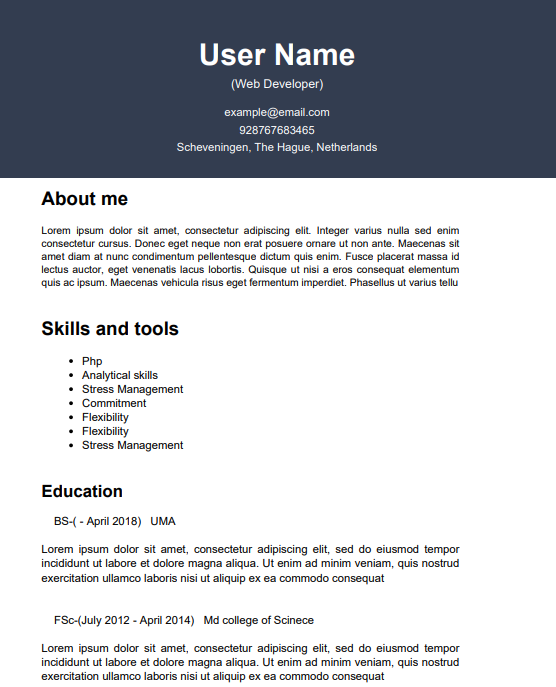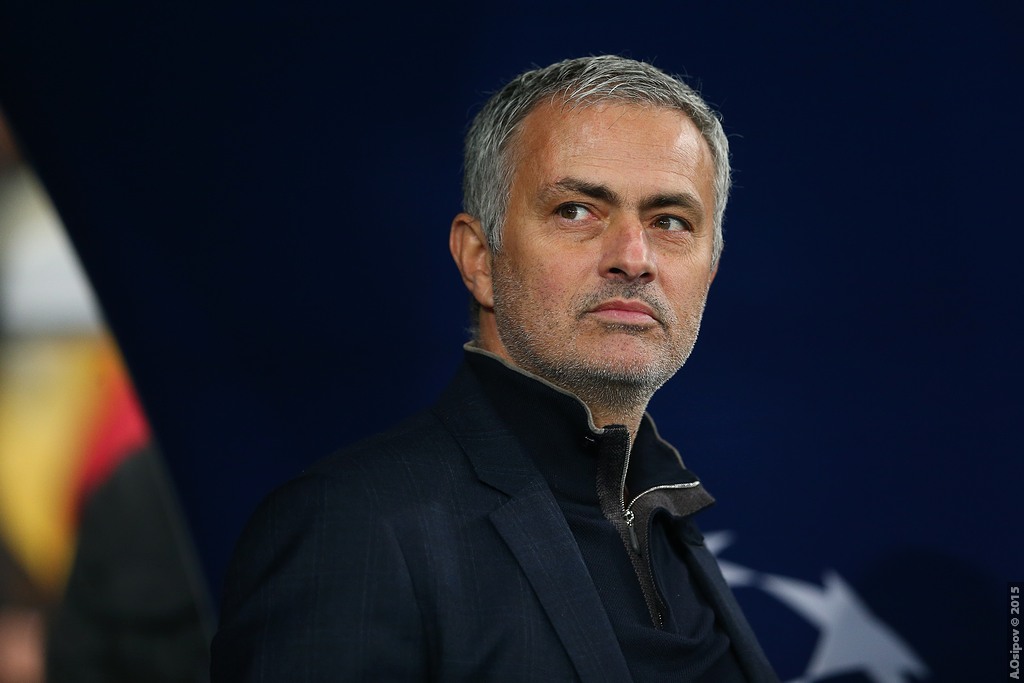The Modern Lifespan of Managers
A sport as popular as football brings pressure for everyone involved as results are key to the general atmosphere in the fanbase as well as in and around the dressing room.
Managers being hired and fired isn’t in itself therefore isn’t exactly a new phenomenon, but perhaps the rate and frequency of some of these changeovers should be something we should be talking on more.
Some clubs are built on a sort of ‘’mechanical’’ model you swap out parts until the job is done with the maximum potential squeezed out of the parts.
Discarding managers after a spell of unwanted results seems to be the norm but some peaks and troughs are part of the game. It is understandable however given the landscape top tier football has ventured into in the past couple of decades.
We should consider there is a selective pool of manager available for a certain type of club. The ”elite” managers available for the biggest clubs can only move to clubs who have the resources to support them. Then you think the pool gets even smaller when there are rivalries between some of the elite clubs, some managers won’t take up some posts due to their ties with another club.
The financial might of some of the clubs at the top of the pyramid in my opinion may have started this trend.
Clubs who have the financial muscle to go and claim the big trophies regularly may have influenced on other clubs to keep chopping and changing managers in order to find a level either level or close to the richer clubs as they don’t have the financial capacity to compete.
The average life span of even elite or high-level managers at some clubs has to have a significant decrease in the top leagues across Europe.
Lower down in the football pyramid frequent change isn’t uncommon. Managers change for a whole variety of reasons. They could be poached by bigger clubs and or more attractive ‘’projects’’, or like the more common reason unable to reach the desired targets.
Clubs bite the bullet essentially because manager would’ve been supported in some respect with the addition of playing and non-playing staff or even made some promises to sponsors and hedged money on their manager being able to achieve the club’s targets.
So, when managers leave in the autumn or winter period of the season, there is always some sort of loss incurred by the powers at be.
There are some of course contributing factors to the modern sacking culture we have in football at the moment.
Fans are louder
There is no escaping the fact that the fans’ voices are much louder and much more influential than ever before. The might of the fans in England was seen with the debacle surrounding the European Super League
Whether it be the various fan communities across social media platforms or the fans realising their own power and displaying their emotions on matchdays, it’s inevitable that fans have a power voice that the football club and hierarchy can’t tune out.
Fan media, content and social media influencers who now support certain clubs are able to connect with like-minded fans on a level to show their club any feelings of discontent with the performance of players or the competency of the management.
Nowadays you would often see after a result ‘’…..Out’’ accompanied by a hashtag trending on twitter or written on banners of attending the matches in stadiums.
On the occasion enough money has been found, you may see a small plane fly over the stadium relating the same message. Fans have even taken to protest in the streets about their discontent with their manager.
Everton’s majority owner Farhad Moshiri following the arrival of Rafa Benitez spoke on how he couldn’t ignore the voice of the fans when they were unhappy with Sam Allardyce and Marco Silva.
Some fiery press-conferences from managers usually come off the back of a question a journalist has asked off of the reaction of fans to results. Well-established journalists can’t ignore what they see online from fans and as a result can’t escape the attention of the clubs.
Short-term spans
Fans are influential in some of the changes that take place in the managerial position but ultimately the decision to make any change comes from the board of directors at any football club.
There are some boards who have set a precedent or standard within the club and as a result manager who have come in will live very short life spans at some clubs for one reason or other.
Roman Abramovich has become synonymous with his ruthless willingness to swing the axe with his managers. With the average lifespan of a Chelsea manager under his ownership has been just little over 18 months.
An axe that saw the dismissal of domestic double-winning manager Carlo Ancelotti, two-time dismissal of arguably Chelsea’s best ever manager in Jose Mourinho, sacking of Champions League winning manager Roberto DI Matteo and club legend Frank Lampard.
More than 15 different managerial spells for Chelsea since the owner took over the club in 2003. At the time the goal was to compete and match the trophy success of clubs like Manchester United and Arsenal.
Looking on it in 2021, 5 Premier League trophies, 2 UEFA Champions Leagues, 2 UEFA Europa Leagues, 5 FA Cups, 3 League Cups and 1 UEFA Super Cup later suggests this model has been quite successful.
Chelsea have picked up another financial rival along the way but still continue to use this ruthless model with their most recent success being the 2021 Champions League with Thomas Tuchel who replaced club legend Frank Lampard in the winter of 2020/21.
Another club who has become known for its frequent changing of the managerial role is Watford FC under the ownership of the Pozzo family who took over in June 2012.
At the time of their takeover they were in the Championship. Zola was the first manager under their ownership but it would be the managers after the second manager Beppe Sannino which would start to create the culture we know see at the club.
Players under Sannino had become discontent with his playing style, despite being in good form at the time. Following his resignation in August 2014 after 8 months in charge, Watford went through a phase of 3 managers in the space of a month for different reasons.
Health problems, inexperience and contractual terms have led to very short spans in charge of Watford and instability in management has led to instability in where Watford find themselves in the English pyramid constantly finding themselves between 2 divisions.
The 2019/20 is possibly the most comical example of the manager change over. Javi Gracia who earned Watford’s highest ever Premier League tally the previous season was replaced with Quique Sanchez Flores who was replaced by Nigel Pearson replaced by Hayden Mullins.
Their return to the 2021/22 Premier League season has already seen them replace Xisco Munoz with Premier League icon Claudio Ranieri, a strange one as Watford had got off to a steady start to the season.
Long-term spans
You never really see a spell for long term spans for management in the modern game because of the need and demand for instant results and instant success. There are no more dynasties built by Sir Alex Ferguson or Arsene Wenger over a decade at the same club.
The closest to such a span currently in Europe is Diego Simeone at Atletico Madrid. The longest serving Premier League manager at the same club is Burnley’s Sean Dyche. Spans of near or close to 5 years will be considered as a long time nowadays in management.
There ultimately need to be a project that fans, players and the board collectively believe in and will be able to tolerate missing out on successful periods at some points during the manager’s tenure.
Liverpool are the best example with Jurgen Klopp who took charge in 2015. Between 2015 and 2017 Jurgen Klopp had lost a League cup final and a Europa League final. Liverpool finished in the Champions League positions for the first time in the 2016/17.
Another European final defeat, this time in the Champions League season of 2017/18 showed the project is working but needed more time to be complete. The following campaign they reached the final again and this time victorious.
Followed by the club’s first Premier League title in the modern era in the 2019/20 season.
The project with Jurgen Klopp took time to assimilate his style of play to the Premier League, bring in the necessary players to do so and the patience of the board as well as fans to bring Liverpool back amongst the elite not only domestically but across Europe also.
The other historical big clubs of Manchester United and Arsenal are still in the midst of finding themselves following the departures of Sir Alex Ferguson and Arsene Wenger. In trying to return to the summit of English football.
Manchester United haven’t won the league since Alex Ferguson’s last season in charge back in 2013. Since then the club has handed out a short-term span for David Moyes who didn’t finish the season.
Although given the fact he was handed a 6-year contract showed the that there was long-term intention behind the appointment.
Louis Van Gaal managed 2 seasons finishing with an FA Cup and Jose Mourinho as his record shows didn’t complete the 3rd season yet finished his spell with United with a League cup and Europa League.
Current manager Ole Gunnar Solksjaer is in his 3rd full season at the moment with a contract until 2024, the club want to give a ‘’long-term’’ span but the demand at the time of writing is extremely high for this season.
Arsenal are similar yet different. The League title trophy drought was very much prominent during Arsene’s reign with their last one coming in the invincible season of 2004. Frequent FA cup success but ultimately stagnant in the league.
Fan’s voices grew and they should’ve been careful what they wished for because since Arsene’s departure they haven’t finished in a Champions League position since.
With very short-term spans for both Unai Emery and former invincible Freddie Ljungberg, current boss Mikel Arteta seems the one the bboard has looked to back.
An FA cup win has earned him some credit but some mixed feelings about the ‘’project’’ almost similar to current Manchester United boss is leaving fans to wonder if they could follow Liverpool’s path or have to try again with someone new.
Manchester United and Arsenal have differences in their problems but ultimately have succumb to some pressure by fans. Mainly due to the fact that both of their city rivals who are financially strong have won the accolades the fans have been longing for.
I personally don’t see how the culture shifts back to much larger spans in the future. It almost seems as if most clubs are in a hurry to achieve their aims and to an extent fans too are very impatient.
The emergence of these rich clubs, big money acquisitions and the success of rivals amongst other things produce what we see today.



